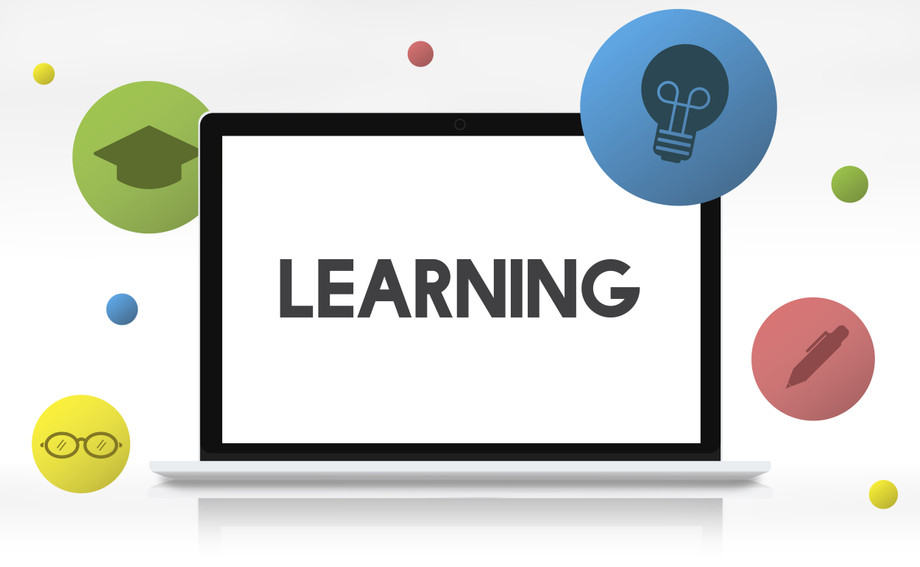Understanding Learning Outcomes: Shaping the Future of Education
In today’s dynamic education system, learning outcomes have become a crucial part of evaluating student success and academic quality. They help bridge the gap between what students are taught and what they are expected to achieve by the end of their academic program. At K.R. Mangalam University (KRMU), learning outcomes are designed to empower students with knowledge, critical thinking, and practical skills that extend far beyond the classroom.
What Are Learning Outcomes?
Learning outcomes are clear, measurable statements that define what students should know, understand, and be able to do after completing a course or program. Unlike traditional teaching objectives, which focus on what the teacher intends to deliver, learning outcomes focus on what the student will actually achieve.
For example, instead of saying “students will learn about marketing,” a learning outcome would state, “students will be able to develop and implement an effective marketing strategy.” This shift from teaching to learning helps both educators and learners stay goal-oriented and outcome-focused.
Importance of Learning Outcomes
Learning outcomes provide multiple benefits to students, faculty, and institutions. For students, they serve as a roadmap that clarifies expectations and helps them monitor their own progress. For educators, they ensure structured and consistent teaching across programs. For the institution, they reflect the overall effectiveness of the curriculum and its alignment with industry standards.
At K.R. Mangalam University, every programme is built around well-defined learning outcomes that focus on employability, problem-solving abilities, innovation, and ethical values. These outcomes not only prepare students for academic success but also make them industry-ready professionals.
How KRMU Designs Learning Outcomes
The process of defining learning outcomes at KRMU involves collaboration between academic experts, industry professionals, and curriculum designers. Each outcome is mapped to Bloom’s Taxonomy, ensuring a balance between cognitive (knowledge-based), psychomotor (skills-based), and affective (value-based) learning.
This holistic approach ensures that graduates are not only subject-matter experts but also capable of adapting to the fast-changing demands of the professional world.
Measuring and Achieving Learning Outcomes
Assessment plays a key role in evaluating whether learning outcomes have been achieved. KRMU uses a variety of assessment methods — from written exams and project work to presentations, internships, and real-world problem-solving. The university’s continuous feedback system ensures that students can track their progress and improve over time.
Faculty members also receive training on outcome-based education (OBE) to align teaching methods with expected learning results. This ensures that learning remains meaningful, measurable, and impactful.
The Future of Learning Outcomes
As education becomes more skill-driven, the importance of learning outcomes will continue to grow. Universities like K.R. Mangalam are leading the way by integrating OBE into every programme, ensuring students graduate with confidence, competence, and clarity of purpose.
By emphasizing learning outcomes, KRMU is not just teaching students — it is shaping future leaders, innovators, and problem-solvers ready to make a global impact.
Read the full article to explore how learning outcomes are transforming education and shaping student success. Click here to learn more →




.jpg)
Comments
Post a Comment